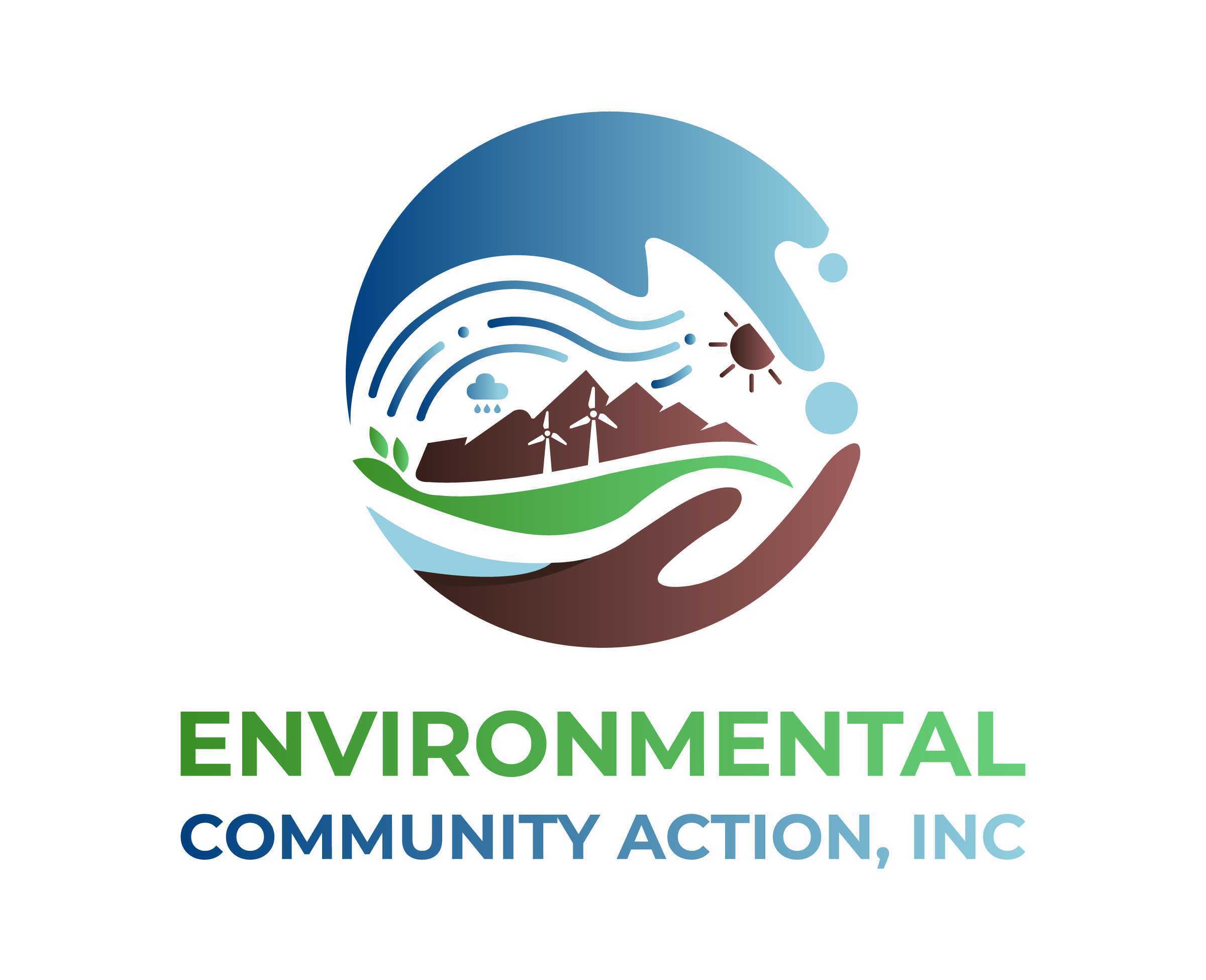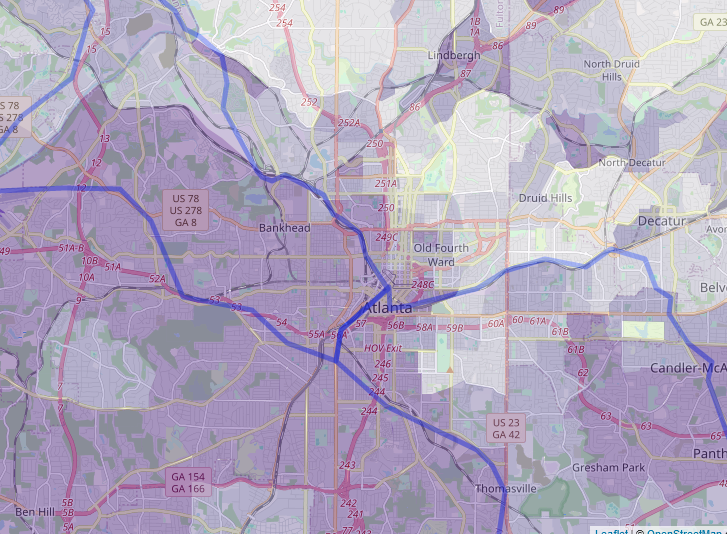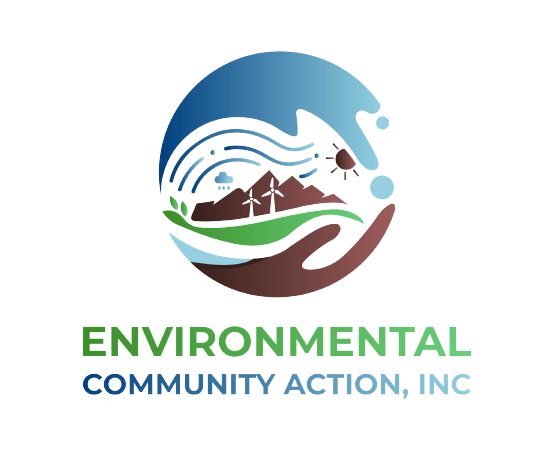Moving from Surviving to Thriving in the Face of Climate Change
This year long project, funded by the US Environmental Protection Agency, aimed to enhance the resilience of low-income, Atlanta community members in the face of climate change. The program also strengthened support for community-led strategies focused on climate change resilience and adaptation. Given that Atlanta neighborhoods, particularly those with low-income residents, face significant vulnerabilities due to climate change, such as extreme heat, intensified rainfall, elevated air pollution levels (specifically ozone), flooding, and rising food prices, this project sought to help those most impacted address these challenges head-on. The accompanying map provides a visual representation of some of these impacts within the Metro-Atlanta area.
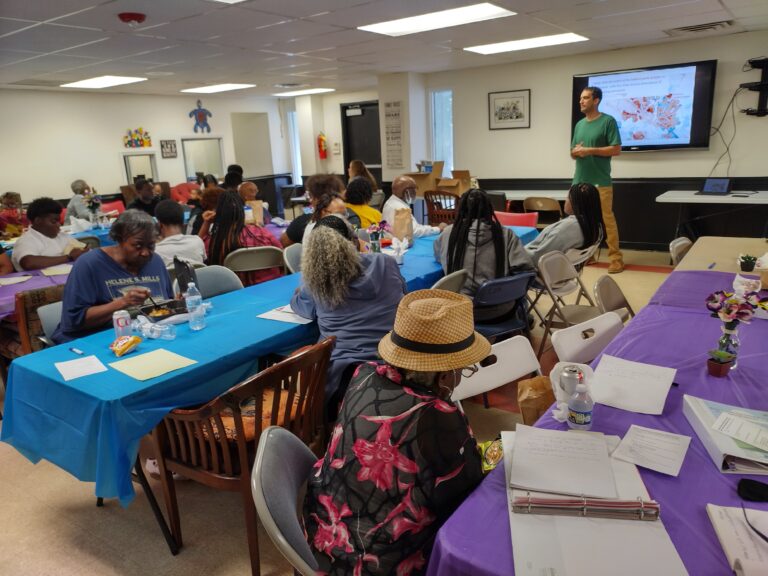
Areas Impacted by High Levels of Ozone
From March 2022 to March 2023, ECO-Action actively engaged and educated over 80 young adults, adults, and seniors from neighborhoods located in the Intrenchment Creek and Proctor Creek Watersheds about climate change and its potential repercussions. Infographics, summarizing the key takeaways from these educational sessions, are presented below. Additionally, community residents devised personalized resiliency plans and collectively identified strategies to adapt to or enhance climate resilience.
The following ten strategies emerged as the most prominent:
Intrenchment Creek
1. Work with banks, find grants and other funding sources to finance solar projects for the Intrenchment Creek community.
2. Install green infrastructure facilities at small community parks in the watershed.
3. Install more shade trees at area parks and install tree plantings and walls to reduce pollution.
4. Install more community and individual gardens within the watershed to increase food security (using the Historic Westside Garden model).
5. Provide public cooling centers in the watershed.
6. Install solar panels at PRC-managed and owned buildings and other low-income housing complexes in the watershed.
Proctor Creek
1. Advocate to expand the role of the Chief Resiliency Officer and/or create a new role of Community Resiliency Liaison to monitor the implementation of climate adaptation measures for underserved communities.
2. Establish a system of community outreach to check in with those most vulnerable to climate impacts particularly through these community centers.
3. Increase available resources for community weatherization projects and utility assistance. Encourage the city to advocate or seek additional funding for weatherization in low-income communities.
4. Advocate for climate adaptation and mitigation job training at area high school or neighborhood job training centers.
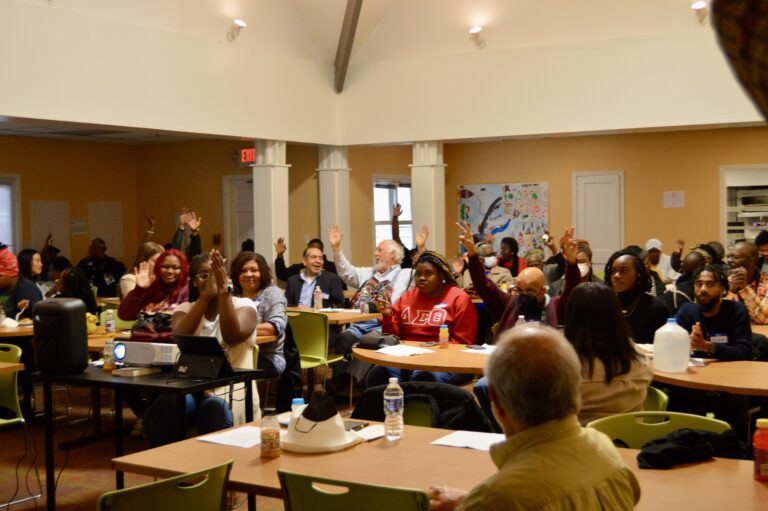
The training sessions culminated in a community forum that served as a platform to share these strategies and identify potential community partners for their implementation. It also facilitated the dissemination of the strategies to community members who were unable to attend the training and garnered further support for these community-based initiatives from local government entities and nonprofit organizations.
ECO-Action Climate Change Map of Metro Atlanta
Seven Key Points from Session 1: Climate Change (infographic)
Five Key Points from Session 2: Climate Change and Equity (infographic)
Four Key Points from Session 4: Climate Change and Health (infographic)
Two Key Points from Session 5: Building Climate Resilience (infographic)
Three Key Points from Session 6: Adapting to Climate Hazards (infographic)
